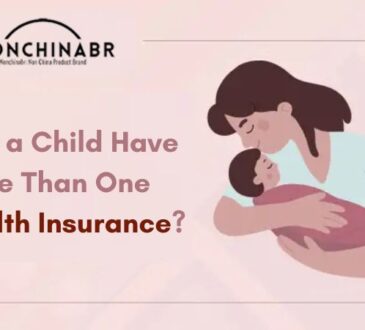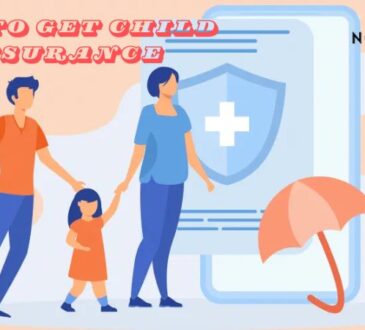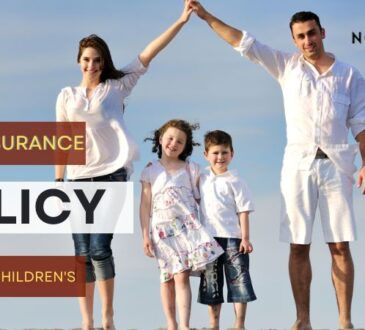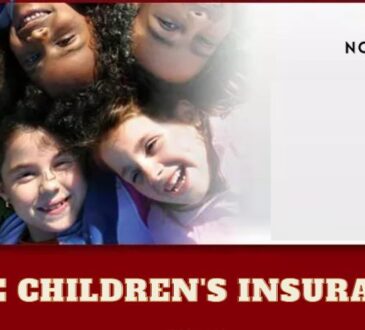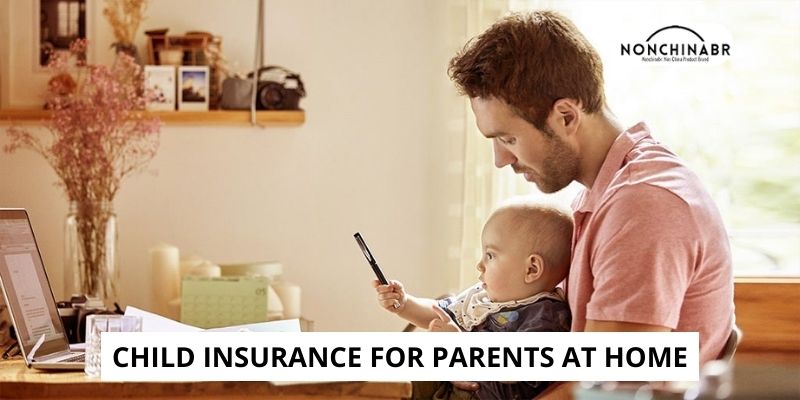
In the three months following the loss of one or both of their parents’ jobs, children with private health insurance are more than six and a half times more likely to lose coverage than children whose parents are still working. This Child Insurance For Parents At Home is especially concerning given the current economic climate. Nonchinabr.com will give you some details about Child insurance for parents at home.
The Huge Impacts Of Child Insurance For Parents At Home
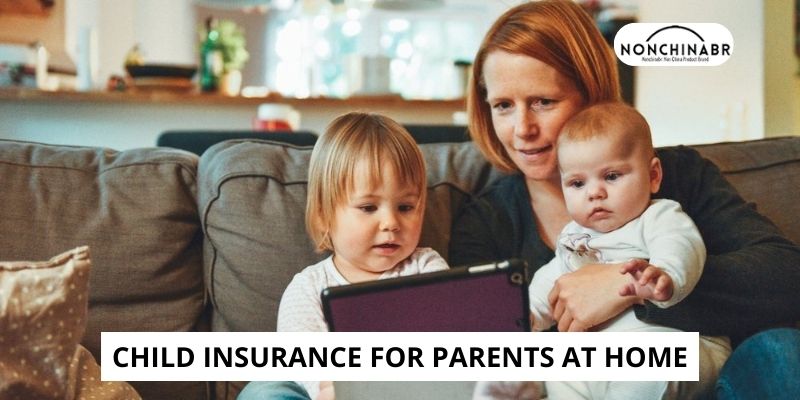
Many parents lost their jobs during the most recent economic downturn in the United States. Losing a parent’s employment can have complicated effects on a child’s wellbeing. In a recent study, we aimed to comprehend how the health of children is impacted by a parent losing their job. We discovered that after a job loss, a rise in public coverage significantly lessened the impact of a decline in private coverage.
Additionally, we found little evidence that losing a job had a short-term negative impact on children’s physical health and essentially no effects on how frequently kids utilize regular medical services. However, we are aware that parental job loss causes a decline in some children’s mental health, which could have long-term detrimental effects on a child’s health.
8.7 million people lost their jobs during the most recent recession. Since the 1930s Great Depression, it has been the worst recession ever. Not only was the rate of job loss in this recession substantially larger than in earlier post-war recessions, but the rate of reemployment was also lower, and the average length of unemployment was longer.
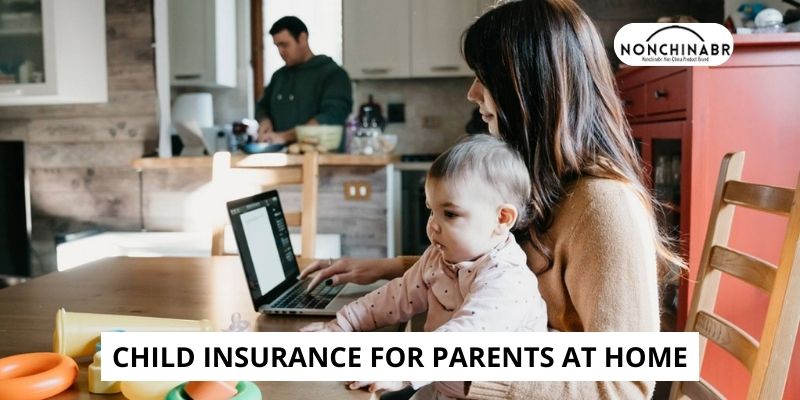
When parents lose their careers, it affects the kids. Children’s stress levels may increase as a result of their parents’ stress. Even the level of care a parent can give may be impacted. Families for whom displacement is an unusually large or unexpected shock and impoverished families who have fewer resources to help them cope with it may experience a larger stress response.
Parents frequently pass on their socioeconomic level to their offspring, and this may have some connection to the kids’ wellbeing. Parents’ investments in wholesome food and preventive healthcare may be impacted by financial loss. Previous research has indicated that childhood mental health issues can have a negative impact on future earnings and schooling and that a child’s physical health also affects their adult health.
Evaluating Child Insurance For Parents At Home
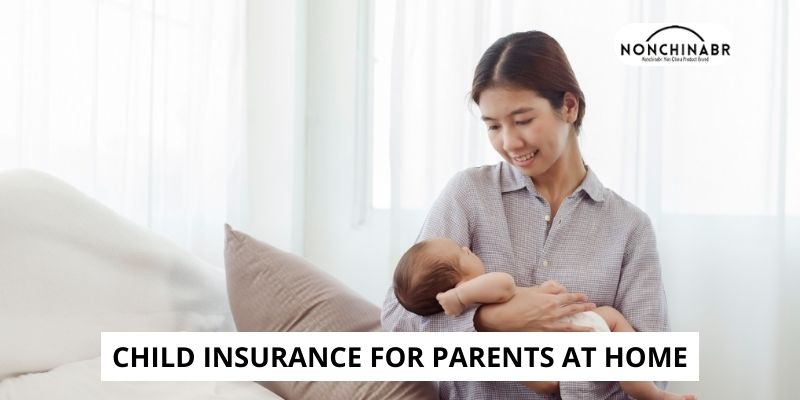
Understanding how a parent losing a job affects their children’s health was a key component of our study. Data from the Medical Expenditure Panel Survey (MEPS) from 1996 to 2012 were examined. This extensive, representative survey gathers specific data on the health status, ailments, and use of prescription drugs and healthcare services as reported by parents.
By merging data from 16 waves of the MEPS, we were able to create a sizable sample of kids who had lost one or both of their parents in order to explore the consequences of parental job loss on kids’ health. Children aged 0 to 16 who had at least one working parent at the time of the initial interview were excluded from our sample.
7,900 of the children in our sample of 54,791 had at least one parent who lost their employment following the first round of the poll. Our attention was on forced relocations, and we defined job loss as the final result of a job loss, a business closure, or a layoff.

The offspring of displaced workers were, on average, a little bit younger, more likely to be black or Hispanic, and less likely to have parents with college degrees than children whose parents had never been relocated. Additionally, these kids had a lower likelihood of having private insurance.
We took into account changes in health outcomes before and after a job loss to ascertain the effect a parent’s job loss had on their children’s health. We took into account three types of outcome variables:
- Whether or not the child has insurance, as well as the type of insurance (private or public),
- Whether the youngster saw a doctor, what the visit was for, and whether any prescription medications were bought
- Parents’ reports on the physical and mental health of their children, as well as any conditions they may have mentioned
Job Loss and Child Insurance For Parents At Home
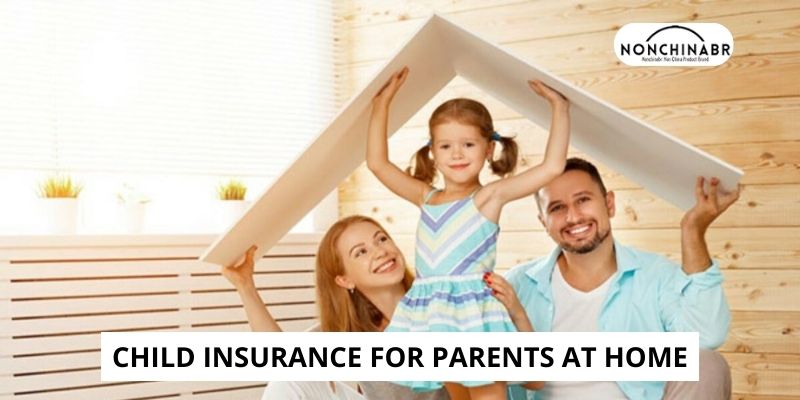
The likelihood of public insurance coverage through public insurance programs like Medicaid or the Children’s Health Insurance Program (CHIP) increases by 12.4%, which more than offsets the 14.4% reduction in private insurance coverage caused by parental job loss. Consequently, only 4% fewer children are likely to be covered by insurance once a parent is evicted, regardless of the source.
According to our data, total parental employment loss had no appreciable short-term consequences for reported general or mental health. The prevalence of infectious illnesses and ear infections has decreased. These impacts are concentrated among children under the age of four and mothers who lose their jobs, indicating a possible link to a decline in childcare usage.
We found no statistically significant increase in the incidence of mental problems among black children or children of less privileged parents following the loss of a parent’s job. These groups typically have fewer family resources available to them to lessen the effects of losing a job. Children of parents with college degrees or those who are white or Hispanic do not experience these consequences.
It seems that changes in insurance coverage and shocks to family finances do not have a significant impact on the use of regular medical care. Children ages 0 to 4 had a significantly lower likelihood of visiting a doctor for diagnostic purposes, which may be related to a decline in the prevalence of infectious diseases in this age group. In parallel with the decline in infectious diseases, we also observe decreases in prescription medicine use.
Our displacement factors are essentially unaffected by controlling for the local unemployment rate. In the meantime, we discover that rises in the state unemployment rate are independently linked to a lower likelihood that parents say that a child is in great physical or mental health and a higher likelihood of a child having asthma and infectious diseases.
The significance of public Child Insurance For Parents At Home

Our data imply that the short-term negative health impacts on children of a lost job, money, and insurance, as well as increased stress, are outweighed by changes in how displaced parents use their time. The influence also takes into account how they arrange for childcare while unemployed.
Our results may come as a surprise given the body of literature showing the detrimental consequences of job loss on adult physical and mental health outcomes. Because public health insurance programs like Medicaid and CHIP lessen the consequences of job loss on children’s access to health insurance, the effects on children’s health may be less detrimental than comparable projections for adults. This safety net could grow even more as the Affordable Care Act increases the percentage of the population that is eligible for Medicaid. This is Top 3 Huge Impacts Of Child Insurance For Parents At Home

